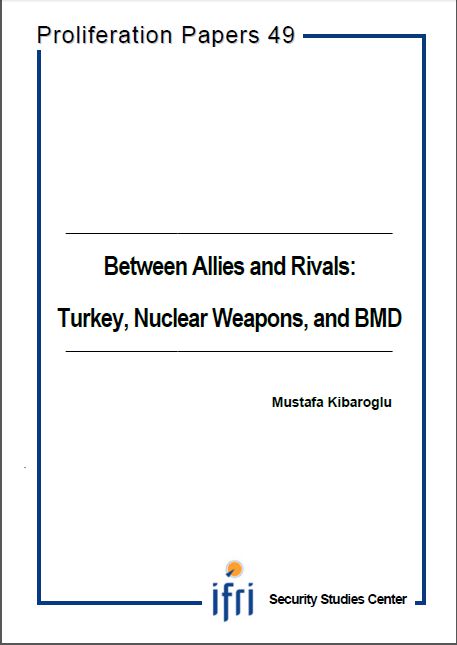Between Allies and Rivals: Turkey, Nuclear Weapons, and BMD

This paper discusses Turkey’s attitudes vis-à-vis nuclear weapons and Ballistic Missile Defense in the light of recent developments in the Iranian nuclear program and NATO’s evolving concept of extended deterrence.
On the one hand, the long-standing forward deployment of US tactical nuclear weapons in Turkey and the country’s role in the US Phased Adaptive Approach BMD architecture are still considered to be key elements of national security. On the other, security guarantees offered to Turkey by NATO and the US appear less and less credible in the face of rising regional threats. As this paper shows, there is a growing gap between official policy and public perceptions inside Turkey vis-à-vis the US, Iran, and nuclear weapons, as well as a growing Turkish aspiration to autonomy in its security and defense policy. While one should not expect Turkey to develop nuclear weapons anytime soon, an unchecked Iranian regional power could bring Ankara to hedge its bets in the long term. Turkey’s controversial recent decision to buy a Chinese system for its national air and missile defense rather than European or US equipment should be seen in the light of this search for autonomy.
Download the full analysis
This page contains only a summary of our work. If you would like to have access to all the information from our research on the subject, you can download the full version in PDF format.
Between Allies and Rivals: Turkey, Nuclear Weapons, and BMD




